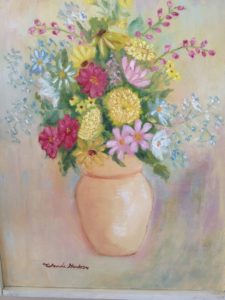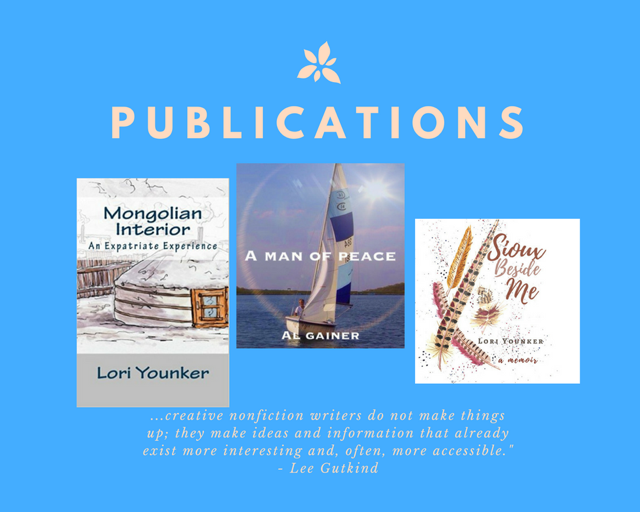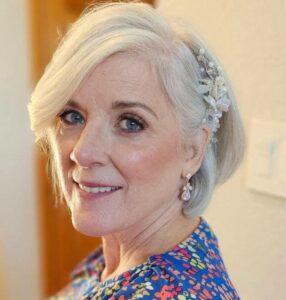Why do we write? Is the answer, “We just do”?
I believe an inner drive fuels us with an undeniable desire to write down our thoughts and experiences. For some of us, we have an opinion or a different perspective and need to share it with others, and in so doing influence the world around us.
Poets celebrate every minute aspect of our world and experience. In a recent discussion at the Columbia Writers’ Guild, members defined the poet’s purpose. The poet cannot bear for a unique moment or feeling to slip into nothingness. The moment begs to be remembered and authenticated by being preserved in textual form.
Recently, I returned to one of my favorite authors, Edith Schaeffer, wife of famous theologian Frances Schaeffer, but an authority in her own right. When I was a new housewife in the 1980s I read her book, Hidden Art, in which she described how to express beauty in homemaking. She elevated mundane housekeeping into a work of art. Placement of your lamps and pillows could make the difference in the experience a family member or guest would have in my home. I bought into her version of hospitality and it has made me very happy.
Now I’m reading her book called, The Art of Life. Within the first few chapters, she dabbles with the reason why we create works of art. She believes the fact that we do proves the existence of the original Creator—slash—Artist. If we are made in God’s image, as the holy scriptures tell us, then we all will have a desire to express ourselves.
Edith says,
So, we are, on a finite level, people who can create. Why does man have creativity? Why can man think of many things in his mind, and choose, and then bring forth something that other people can taste, smell, feel, hear and see? Because man was created in the image of a Creator. Man was created that he might create. It is not a waste of man’s time to be creative. It is not a waste to pursue artistic or scientific pursuits in creativity, because this is what man was made to be able to do.
Some love to work with their hands, to fashion furniture and sculpture their yards. Others spin and glaze a cup or face, twirl the paintbrush, or whip up mango pudding with a twist. Some of us tap the keys of our keyboards until we’ve conjured up characters to cry and die with.
Further developing her idea, she said creativity is a result of having the capacity to choose, to make decisions. In the flow of ideas and in their expression, the artist—or author in our case—must choose what to use, what to say, what words will express best, what aspect of any given plot point or personality should be the focus. We have power in this endeavor, to affect the reader, to come clean on our own pains, to choose in such a way to heal and repair our world with our words.
Writing with others builds a circle around you of support and readership and dialogue, to help you sort out the choices, to chisel away at the essay or story, like an artist with a sculpture. We ask, “What do you see?” “How does this piece make you feel?”
How euphoric when we finally capture it all, the essence and ethos, that makes our stories ours.
Further Reading:
Writing our Stories of Faith
Back to Writing Tips
Continue Module 1, creative nonfiction



